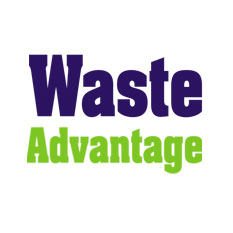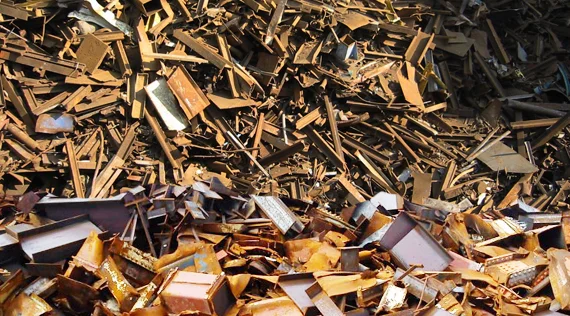The Urgent Need for L/Li Battery Disposal Education
Waste & Recycling | 2023-06-20 00:13:11
It’s important to distill the information into simple, concise messaging that the average consumer can understand.
SEATTLE (Waste Advantage): Lithium and lithium-ion (L/Li) batteries are practically ubiquitous. They’re found in consumer devices like cellphones, tablets, e-bikes, and – increasingly – in electric vehicles. While the compact size and substantial energy storage of these batteries has revolutionized portable power, the improper disposal of these batteries is leading to an increasingly hazardous situation, causing significant and deadly fires.
The waste and recycling industry has been hit hard by these fires. Noteworthy incidents include the 2019 Sandalwood Fire, triggered by a garbage truck driver discarding a flaming load, which resulted in over 1,000 acres burned and two fatalities. In 2021, a similar fire in Tulsa, Oklahoma, destroyed a Material Recovery Facility (MRF), halting city recycling for nearly a year. These disasters, along with the 97% of recycling facilities reporting at least one fire between 2014 and 2020, demonstrate the gravity of this issue.
A primary cause of these fires is the improper disposal of L/Li batteries in standard trash or recycling bins, a practice that research from the Environmental Research & Education Foundation (EREF) shows is alarmingly common. Even though L/Li batteries should never be disposed of in this manner, around 40% of nearly 3,000 surveyed consumers admitted to improperly discarding these batteries.
A lack of education and awareness regarding L/Li batteries and their safe disposal is at the heart of this issue. Many consumers are unaware of the inherent dangers and potential negative outcomes, such as fires at homes, refuse collection vehicles, recycling facilities, and waste management facilities. L/Li batteries demand a different approach to disposal than most everyday items. As they aren’t ordinary recyclable products like paper or aluminum, they shouldn’t be placed in residential or commercial recycling bins. Instead, they should be taken to designated recycling or household waste collection points for proper handling. As an extra precaution to prevent fires, it’s recommended to tape the battery terminals or place the lithium-ion batteries in individual plastic bags. It’s crucial to note that, as of now, no universal recycling or recovery facility for these batteries exists, adding another layer of complexity to their safe disposal.
It’s important to distill the information into simple, concise messaging that the average consumer can understand. Complex technical jargon or lengthy directives often lose the audience’s attention. Clear, concise instructions can eliminate confusion about what to do with L/Li batteries at the end of their life, reducing the risk of them being improperly discarded in household trash or recycling bins.
Equally crucial is an emphasis on the potential consequences of consumer actions. By highlighting the potentially catastrophic outcomes of improper battery disposal—such as the devastating fires that have ravaged waste facilities, homes, and even claimed lives – we can underscore the urgency and importance of correct practices. Similarly, illuminating the positive impact of proper disposal methods, such as reduced fire risk and a safer environment for waste workers, can help motivate positive behaviors.
These batteries are an essential part of modern life, and that’s unlikely to change. By prioritizing education about their proper disposal, we can reduce the risk of accidental fires, ensuring a safer and more environmentally responsible handling of L/Li batteries. A well-informed public is a vital first step toward protecting our communities, preserving our recycling capacities, and countering the dangers posed by an important but mismanaged resource.
Courtesy: www.wasteadvantagemag.com
 By
By 